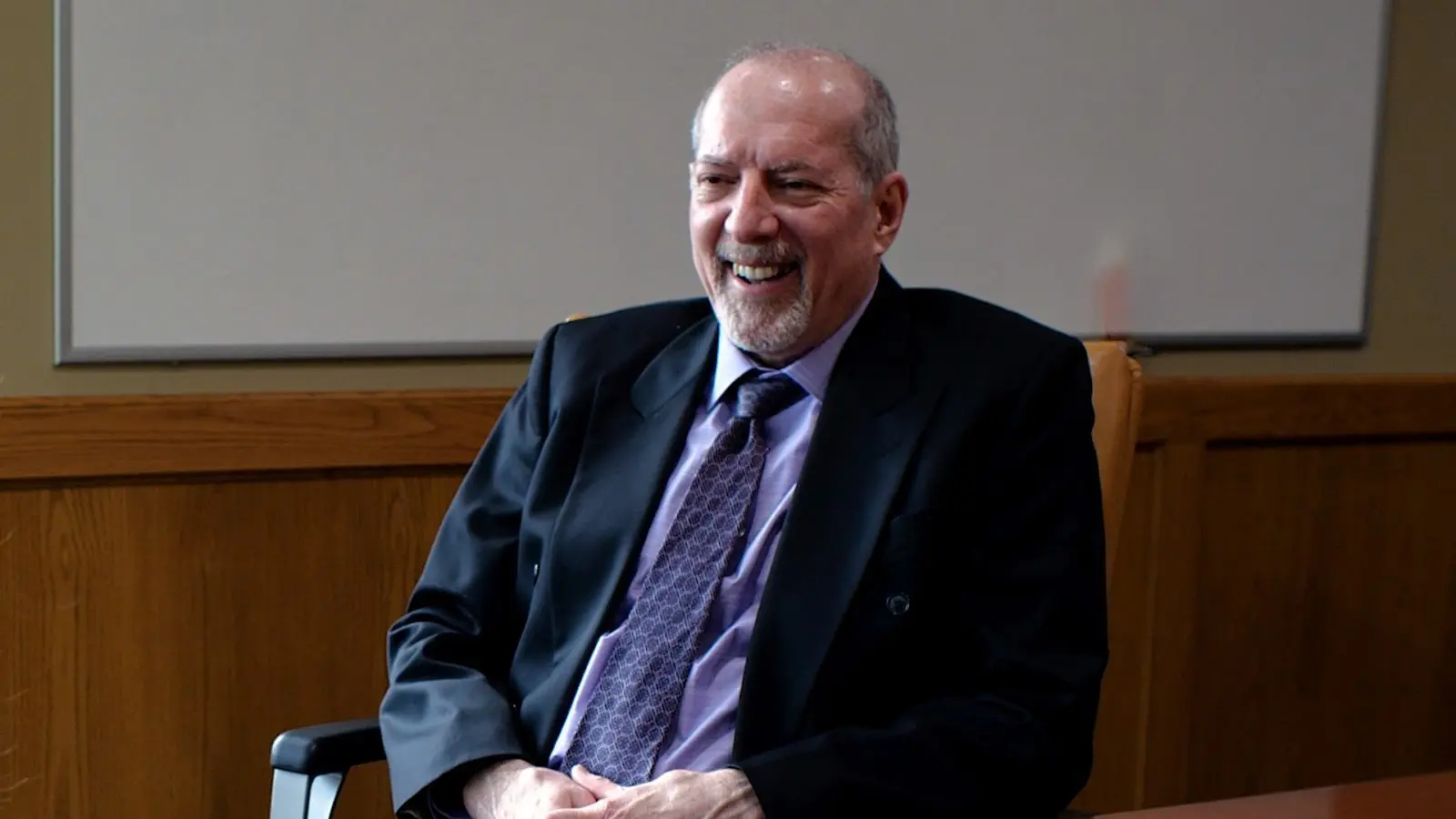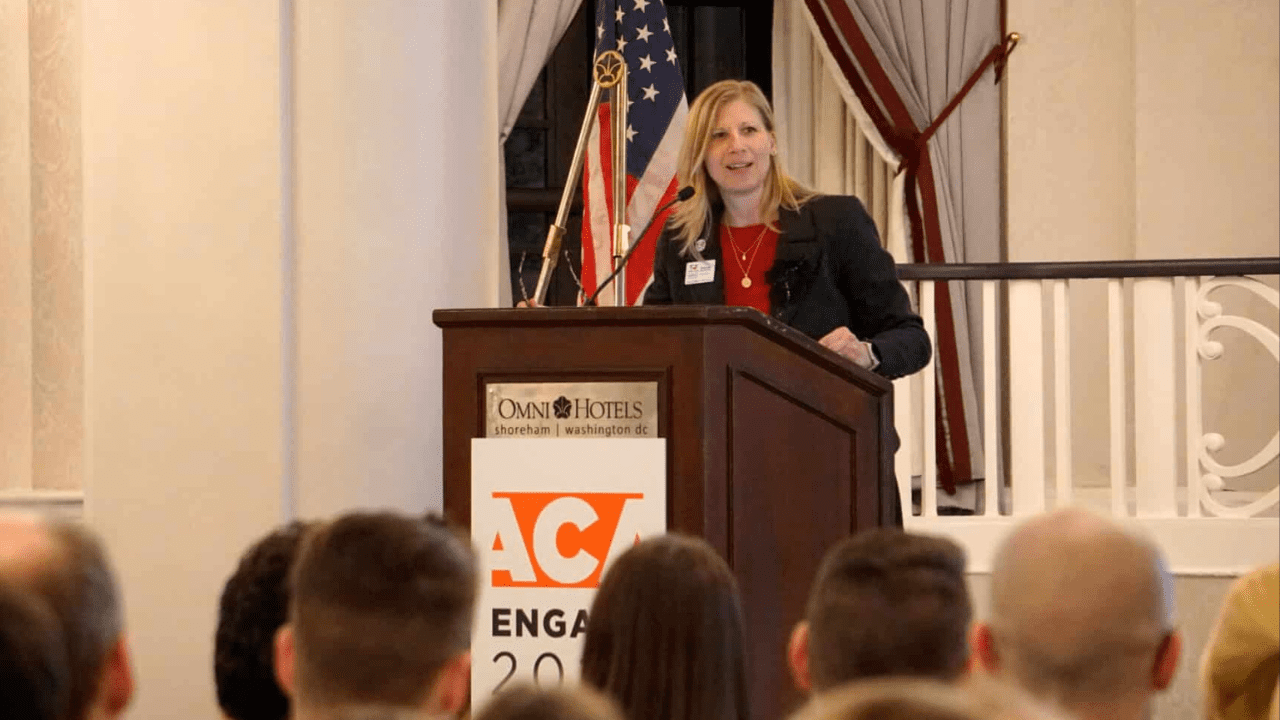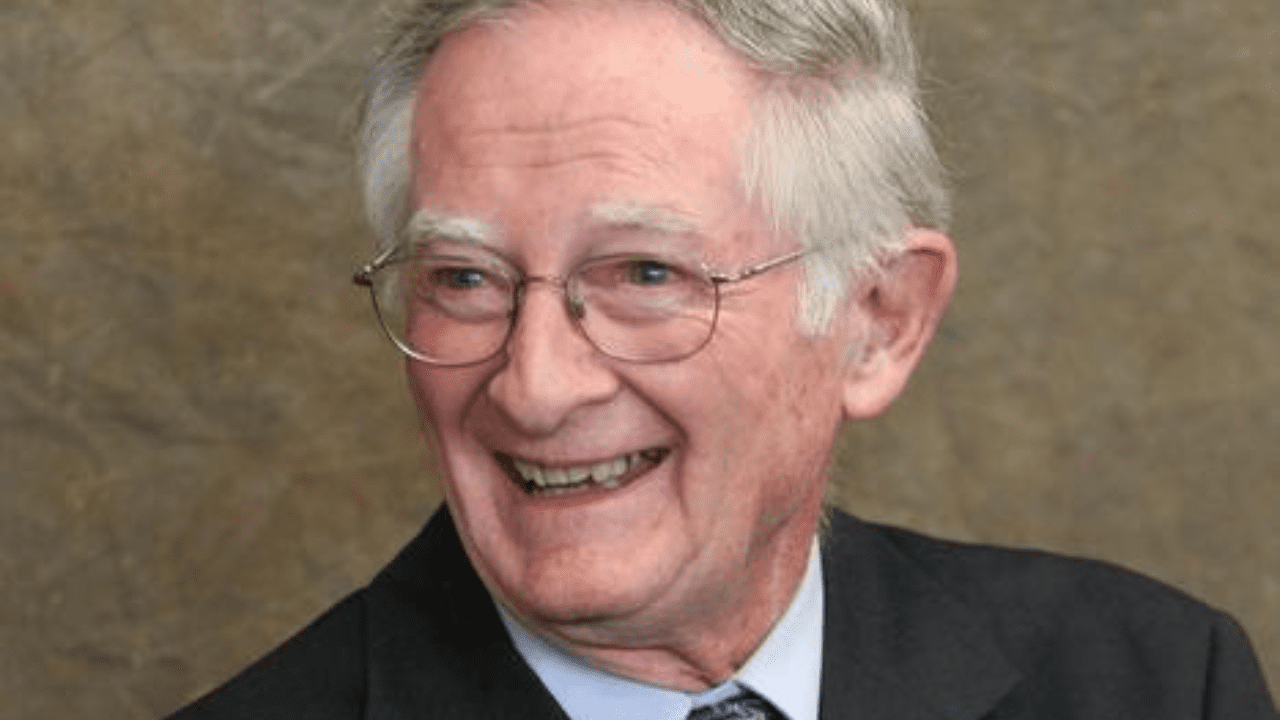Creating a Welcoming Space for Healing
Constellation Acupuncture and Healing Arts in Northeast Minneapolis is a group practice of all NWHSU alumni. Started first as a solo practice by Kim Christensen, LAc ’15 in 2016, Christensen and Amy Kuretsky, LAc ’13 joined forces and expanded the business into a group practice in 2017. The team now includes Leah Fifield, LAc ‘10, Tatum Fjerstad, LAc ‘20, Steph Sanders, LAc ‘20, and Artemis Brown, CNMT ‘21.
Brown is the most recent addition to the team. Their dance background informs their approach to massage therapy, and they practice through a trauma-informed, whole-person lens. “As a nonbinary practitioner, I practice trans-competent care for folks for whom massage could be scary or triggering in more ‘traditional’ environments.”
“And that’s the mission of our clinic,” added Christensen. “Striving to continuously do work to create a physical space and a health space that really welcomes and creates comfort for all people, but especially people who have felt ostracized, unwelcome, or unsafe in other healthcare environments. As a queer-owned clinic that’s highly important to me: to keep learning and providing better care.”
For Christensen and Kuretsky, it was also important to prioritize philanthropy and community engagement into their business model right away. “As a primarily Chinese medicine clinic, part of our mission is really having respect for and honoring both the Chinese history of the medicine and contemporary Chinese and East Asian heritage without appropriating or misconstruing.”
Since 2017, they’ve donated a portion of their profits to local organizations that support East Asian people and culture in the Twin Cities, as well as queer, trans, and BIPOC healthcare organizations. “We try to make sure that the money we’re bringing in, we’re putting back out into the community,” shared Christensen. “Philanthropy as a small business is possible.”
Leading in Integrative Care from a Chinese Medicine Perspective
At Constellation, integrative care is more than a massage therapist sharing space with Chinese medicine practitioners. “Integrative Care is this three-level thing,” explained Christensen.
“It’s looking at the healthcare system to allow for ease of integration and co-management of care. Then at the practitioner level, how do you utilize the training you have and how do you form relationships with other providers and invite in additional perspectives and approaches? Then it’s how we view the various identities and experiences of the patient: physical, mental, psycho-spiritual, social, economic…all the things that impact the person sitting in front of you.”
Christensen feels NWHSU laid the foundation of integrative care and is proud that all the practitioners at Constellation are NWHSU alumni. “NWHSU gave all of us a good awareness of the incredible scope and potential of Chinese Medicine. We also have the understanding of biomedicine and research to engage in co-management with other practitioners.” She noted that Chinese medicine as a discipline prepares you for integrative care. “As a whole-systems medicine we’re really tee-ed up to be leaders in this area.”
Massage Therapy for Pain Conditions, from a Whole-Person Lens

Brown joined the team in 2022 and Christensen and the other providers regularly refer patients to them. “Artemis comes with amazing musculoskeletal assessment skills from the NWHSU program, and with a perspective of the emotional body: providing trauma-informed care and taking in that larger picture. They have a holistic idea of what we can affect through touch.”
All of Brown’s patients see a range of other providers, which they find exciting. “I don’t pry, but if a client shares ‘I did EMDR this week and my body is holding those emotions’ I can stay within my scope of practice and treat the things happening the body, like the posture of grief” they explained. “There’s no such thing as a mind-body connection because they’re the same thing.”
Many of the referrals Brown receives are for chronic pain that patients haven’t been able to manage with other interventions. “I think massage therapy is a phenomenal medical practice because it can provide primary and adjunctive therapy for things that western medicine doesn’t treat as effectively,” Brown shared. “There are so many things I can do because of how I was trained at NWHSU. One session can significantly change someone’s wellbeing. They can have a pain-free week for the first time in years.”
Brown appreciates when patients have a wide network of care, from MDs to movement practices. “I referred a client to a dance class last week,” they shared.
This kind of referral is central to Constellation. “We think about that full sense of wellbeing,” shared Christensen. “We have a good referral network and it’s within our culture to say, ‘here’s what I can do for you, and I think xyz might also be helpful.”
The future of integrative care, and how we get there
Christensen had the opportunity to travel to China and see how co-treatment works in many Chinese hospitals, giving her the perspective that integrative care is not only possible, but is happening. “This exists already,” she explained. “And there’s a lot we can learn from that paradigm while honoring and staying true to the medicine itself.”
For Christensen, the key is striving to improve accessibility while maintaining quality and consistency of care. “Accessibility from a really wide picture. Especially from a health justice perspective that honors all aspects of lived experience.” This wide lens includes education for consumers that a variety of approaches exist; financial accessibility; locational accessibility; accessible communication; and providers who are of affirming of peoples’ identities and experiences.
In practice at Constellation, this work towards a better healthcare model includes focusing on education and growth as individual practitioners, expanding their network and connections in the Twin Cities, and scaling to impact more patients.
Beyond the walls of Constellation, Christensen asks “what would it mean for physicians to be referring more often, and more open to other methods of evidence?”
Brown jumped in, “almost anytime surgery is prescribed for nerve pain, for example, a low intervention should be tried first. So often the issue is soft tissue, and surgery isn’t necessary.”
Overall, they’re both optimistic. “Living in the Twin Cities, we’re very fortunate to see so many large systems investing in integrative care models. That’s very unique here in our community,” said Christensen. “How do we build on that?”





